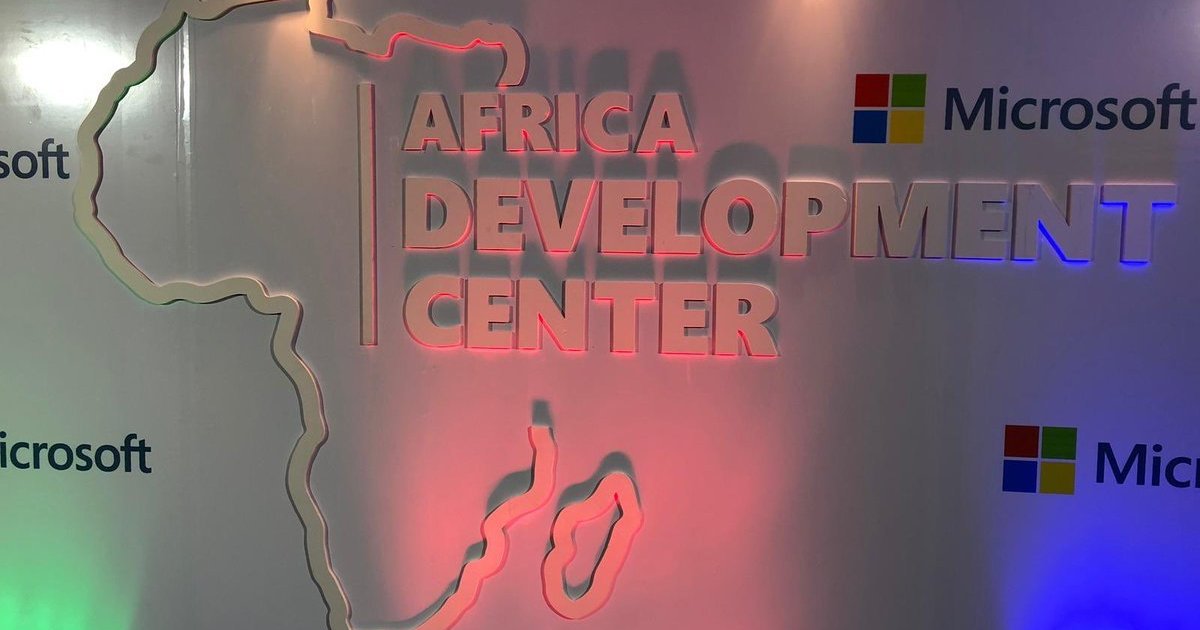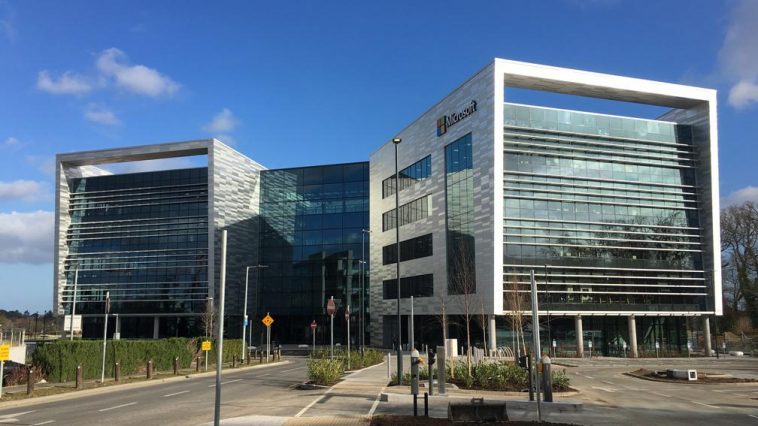TechInAfrica – Following Africa’s rapid digitalization and its unprecedented growth, the continent’s high demand for data services and interconnectivity only seemed appropriate. It is predicted—by Harvard Business Review—that Africans will have more than 636 million smartphone users by the year 2022. Various technologies implemented by the citizens like e-commerce and cloud computing (both in the future or present) will also give significant contribution in manifesting technology growth. Not to mention countless startups like MAX.ng and ScholarX have also taken part in making a more sustainable tech scene in general.
Despite this, citizens of most African nations still experience insufficient and inadequate internet and network services. Those who do are expected to pay higher and higher to their respective telecoms provider—else they would suffer slower internet connections compared to users in other continents. This drawback would potentially put Africa’s digitalization into a disadvantage, or at least slow their growth.
You can watch the promotional video below:
As a demonstration of both goodwill and the company’s continued commitment towards the region’s up-and-coming digitalization, Microsoft aims to invest $100 million in several software development centers in the next ten years. By the end of the year, these software development centers are expected to open and be operational in Lagos, Nigeria and Nairobi, Kenya alongside Johannesburg and Cape Town. Yet there’s a chance that some will even extend on smaller cities and regions not stated above.
Particularly in Nigeria and Kenya where the regions have become important tech hubs, local software engineers and programmers alike decided to migrate to another region because the lack of lucrative opportunities. This is where Microsoft’s Africa Development Centers come in—creating ample rooms and prospects for local talent to bask themselves in. With the goal to employ at least 100 full-time employees by the end of the year, Microsoft’s Africa Development Centers offers engineers and developers alike to put their hands on various projects regarding artificial intelligence, mixed reality, and many more.

Essentially, these development hubs designed by the tech giant aim to open doors for local talent to be a part of global software development network—without having to leave their country and their families.
Source: borgenmagazine.com





